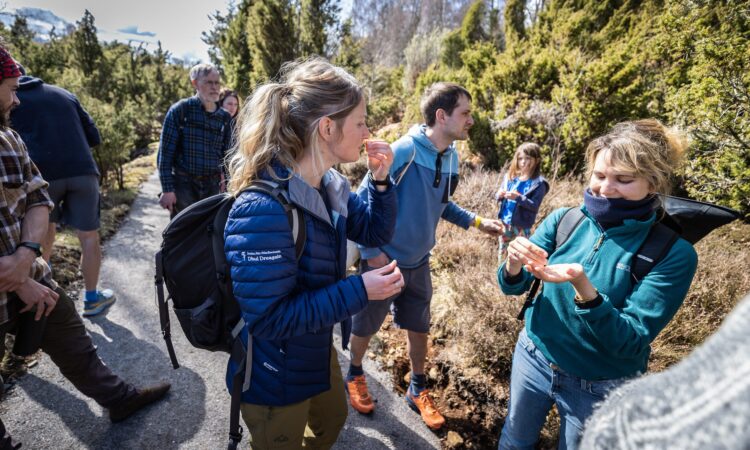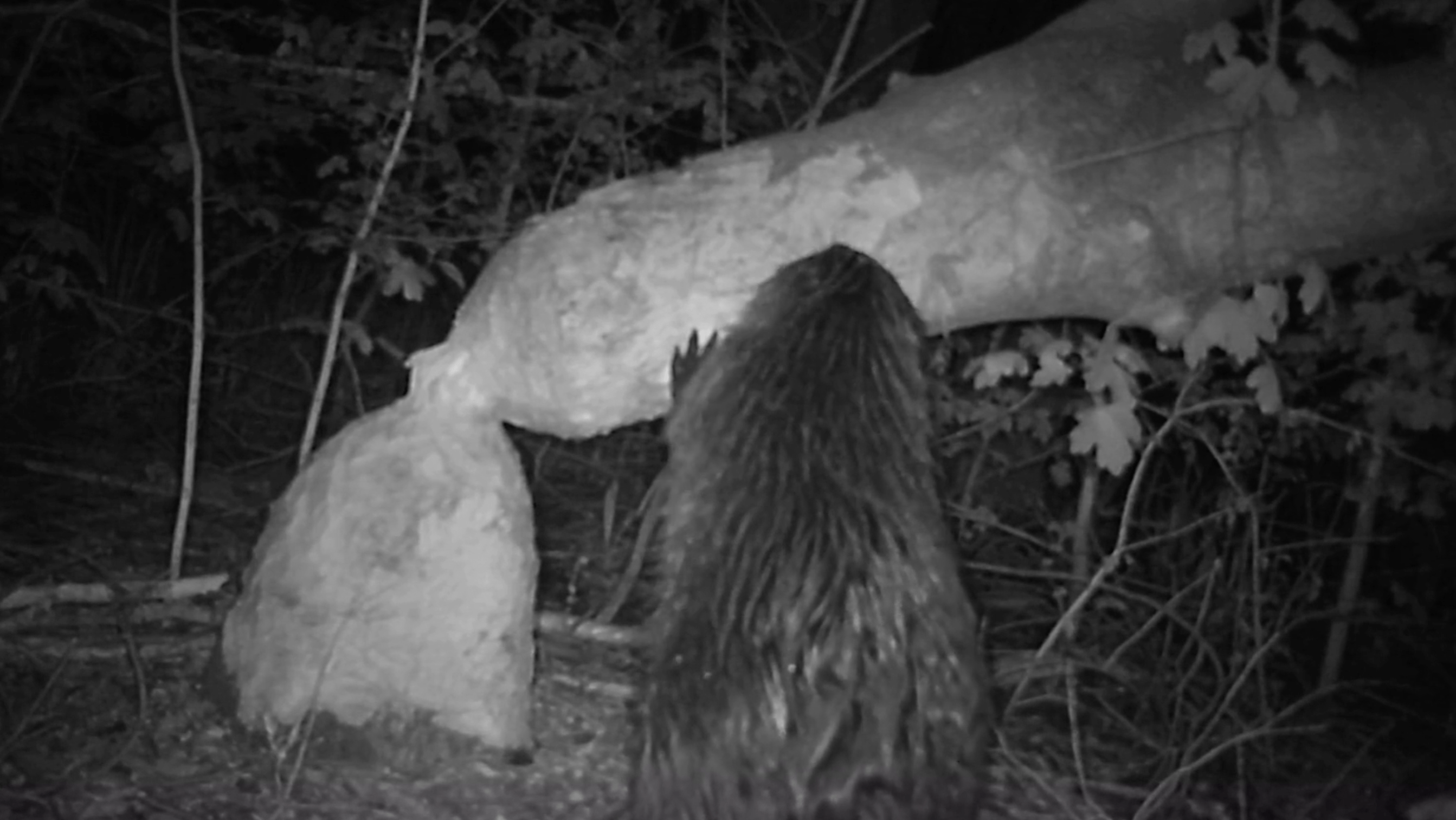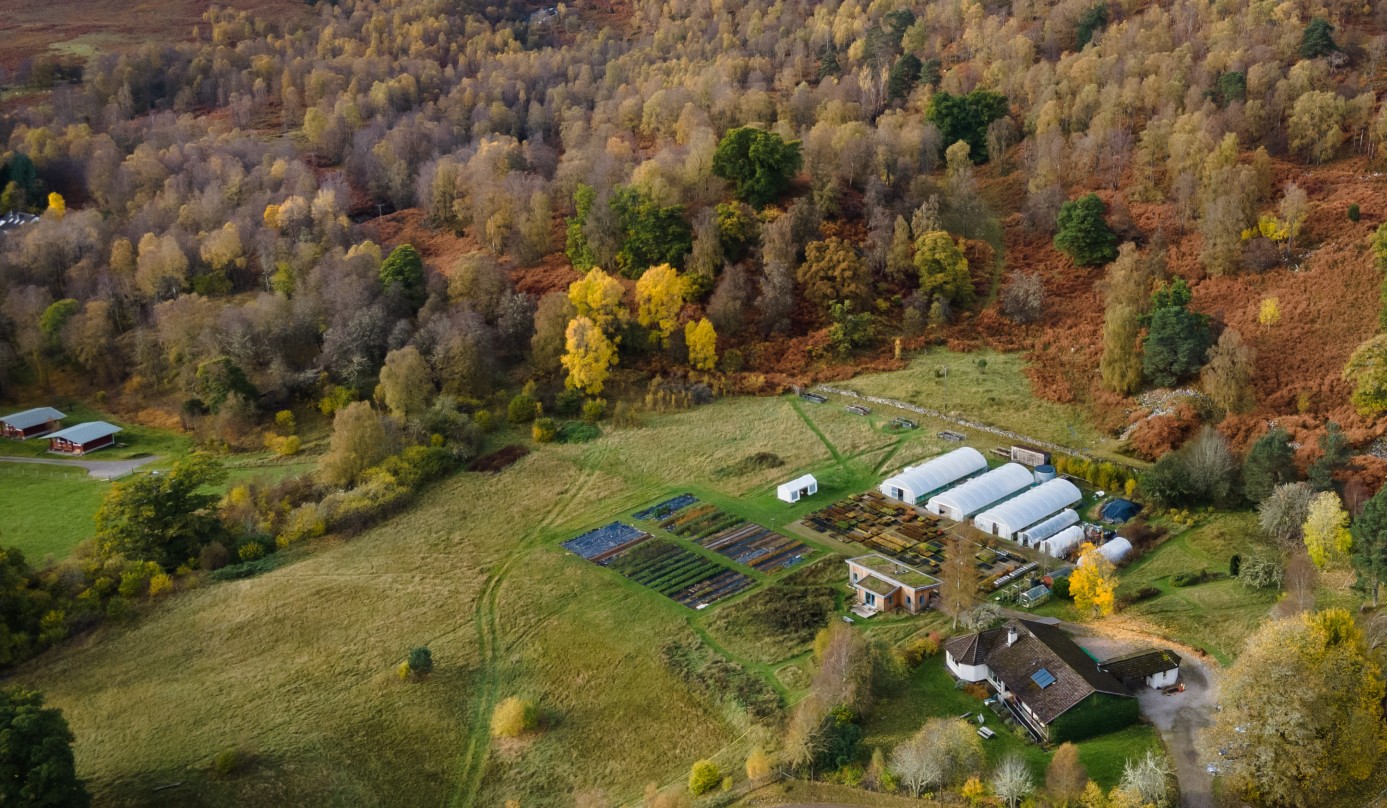

“As rewilding projects continue to develop, the myriad of benefits provided by rewilding – for nature, wildlife, the climate and people – are becoming more apparent. There is also a huge diversity of approaches and landscapes being rewilded, across hundreds of rewilding projects throughout Britain,” says Rebecca Wrigley, CEO of Rewilding Britain.
Rewilding Britain channels money to projects around the country. It has supported initiatives including a network in Hampshire, studying the possibility of bringing white-tailed eagles back in numbers to Scotland, and restoring 100 miles of coastline across Sussex and Kent.
Communities are getting increasingly involved, too, says Wrigley: “Last year, Trees for Life in the Highlands of Scotland launched the first Rewilding Centre, and the Langholm Initiative completed the largest-ever community buyout of land in southern Scotland, showing how rewilding can bring a community together to restore treasured landscapes and create job opportunities.”
Do farmers get paid to rewild?
Farmers do get paid to rewild – but it’s a complicated and inconsistent web of funding.
Brexit saw money disappear from farmers’ pockets. That was the driving force behind the Environmental Land Management (ELM) programme, announced as the UK’s replacement subsidy for Common Agricultural Policy funding. As well as sustainable farming, the project also supported farmers wishing to give over land to wildness and struggling species, and aimed to reach £800m in funding a year by 2028.

It has not had a smooth path, finding itself imperilled during Liz Truss’s brief reign, and then saved in January 2023. Critics, including the National Farmers Union and parliament’s Public Accounts Committee, have said the rollout of ELM funding has been too slow and included too little detail for farmers to realistically take advantage of.
“New public and private mechanisms for financing rewilding are emerging but the ‘market’ for funding and investment is still confused, fragmented and non-standardised,” says Wrigley.
“This is restricting rewilding practitioners from accessing the funding they need to upscale rewilding initiatives. It is also limiting private finance from finding large-scale investable propositions. We need increased, diversified and stable financing streams to give both rewilding practitioners and investors the confidence to make long-term, high-integrity investment decisions.”
Without functional central government funding, rewilding lies in the hands of landowners and farmers. Yet crop farmers are looking at a 58% fall in income this year, leaving little spare cash. Jeremy Clarkson, who finds himself as possibly the UK’s best-known farmer since Old McDonald, put the dilemma as such in a column: “Rewilding’s great, if you don’t mind going hungry.”
Other funds are stepping in. In London, the Ealing Beaver Project is part of Sadiq Khan’s Rewild London Fund, which awarded over £1m in 2023 to initiatives including the creation of new wetlands in Alexandra Park and Clapham Common, as well as mink trapping. A pair of funds run by Rewilding Britain – the Innovation and Challenge funds – also invite bids for ambitious projects.
Big Issue is demanding an end to poverty this general election. Will you sign our open letter to party leaders?






